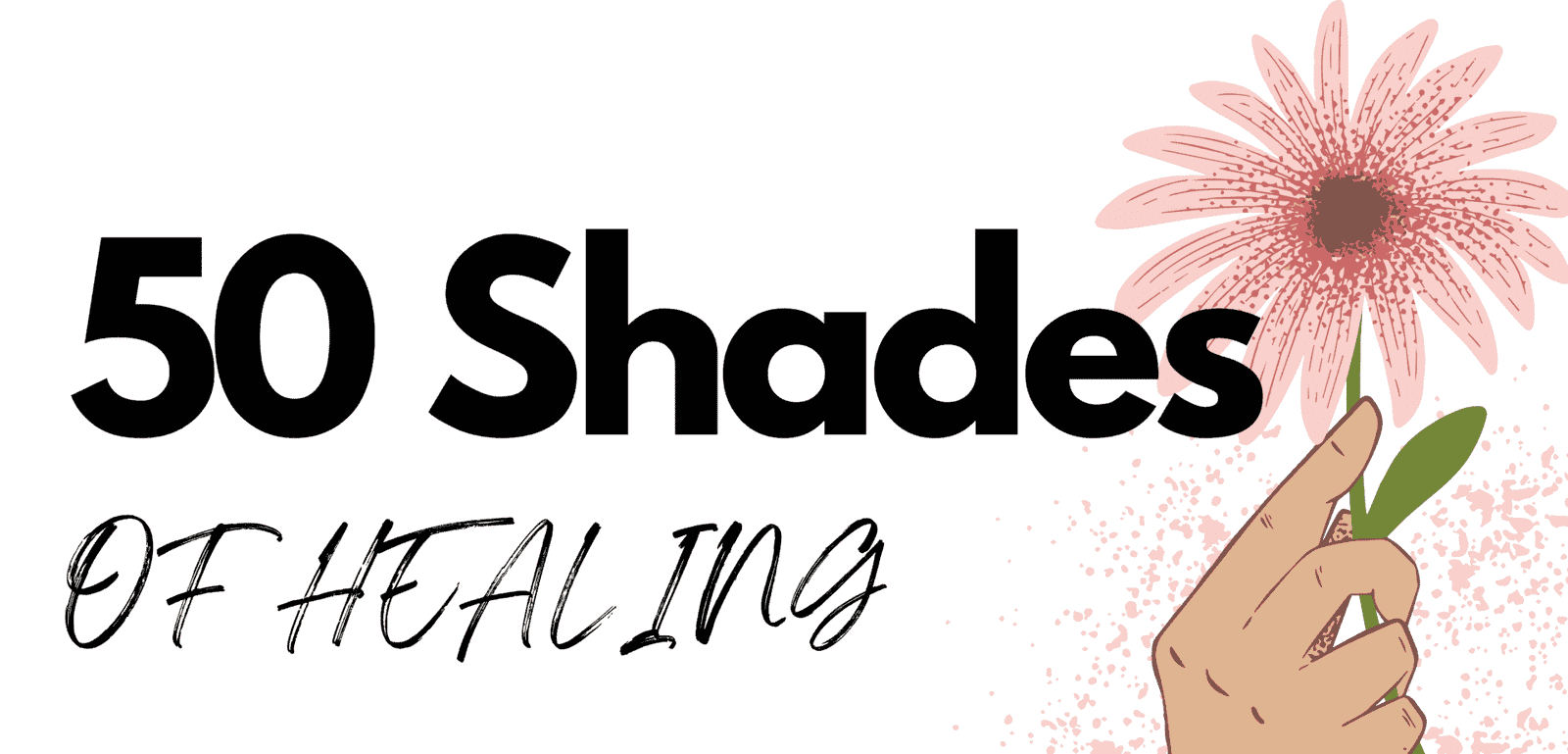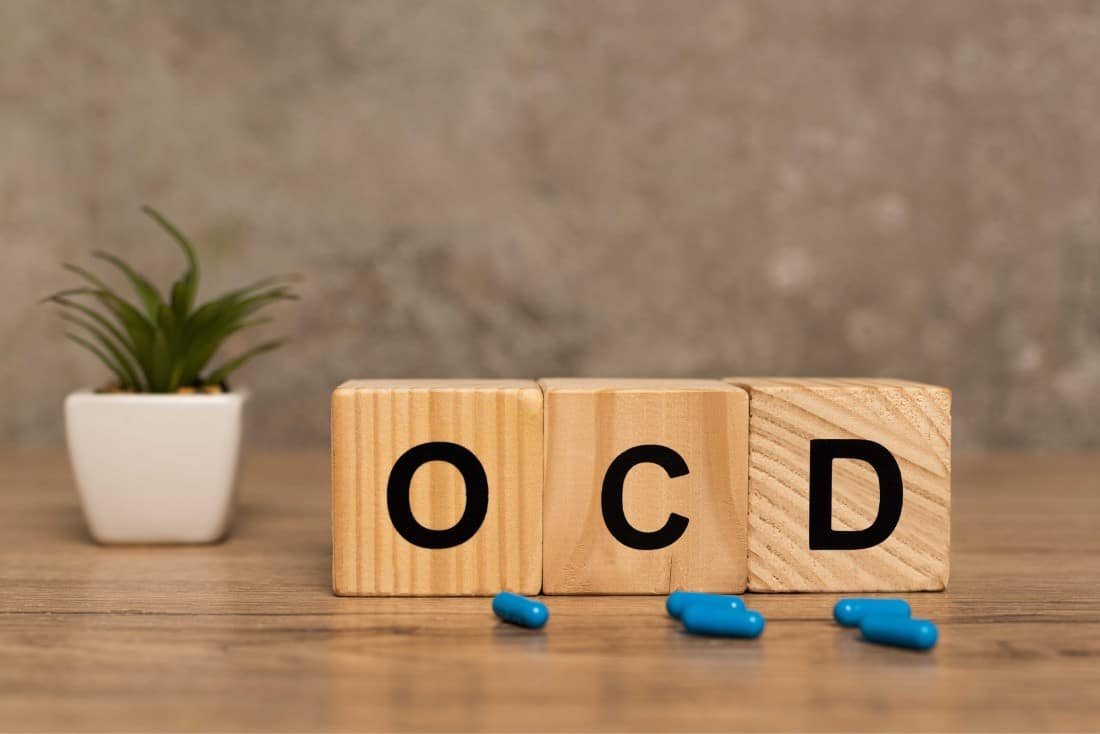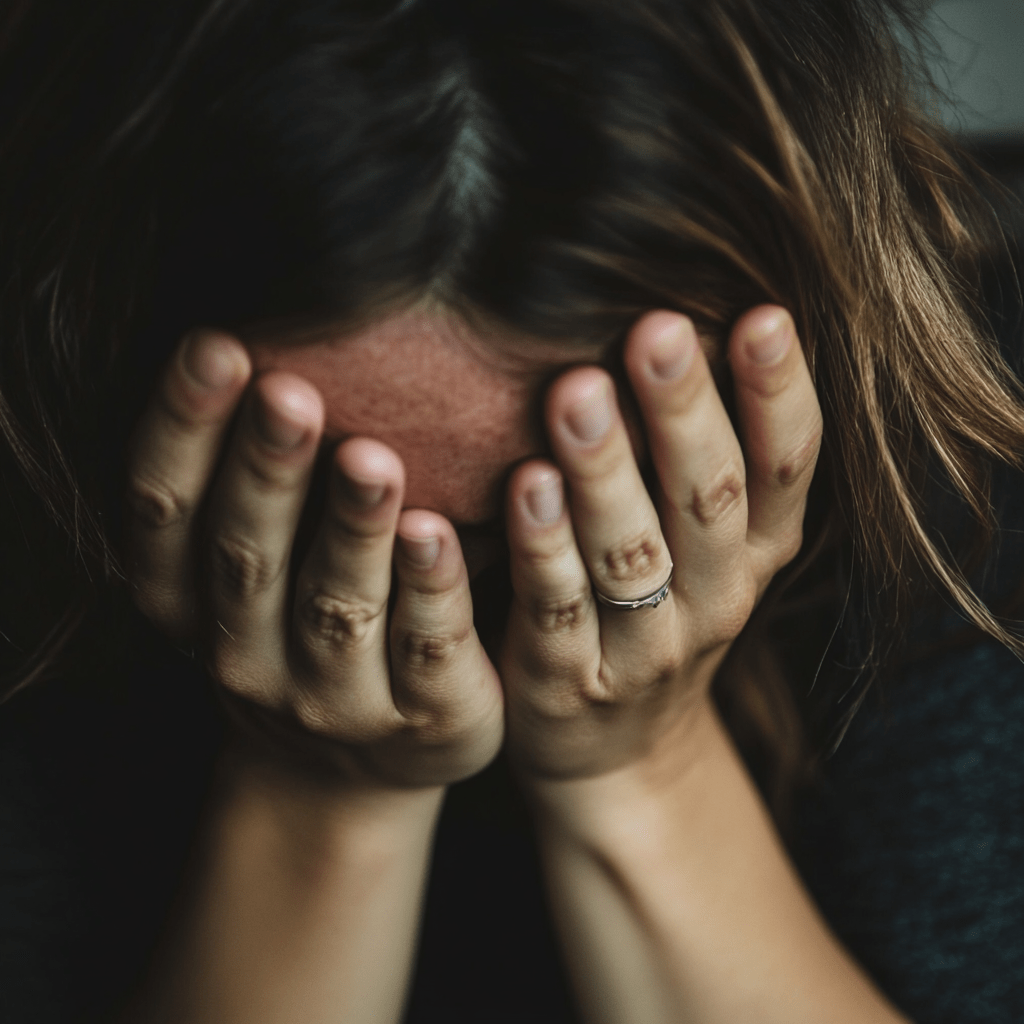When Pandemic Stress Becomes Chronic Stress
If you’re like me, then the pandemic has caused a good deal of stress in your life. While that stress is normal and to be expected, it’s important to be aware of when that stress becomes chronic. If left unchecked, chronic stress can lead to all sorts of health problems. So what can we do to manage this new type of stress?
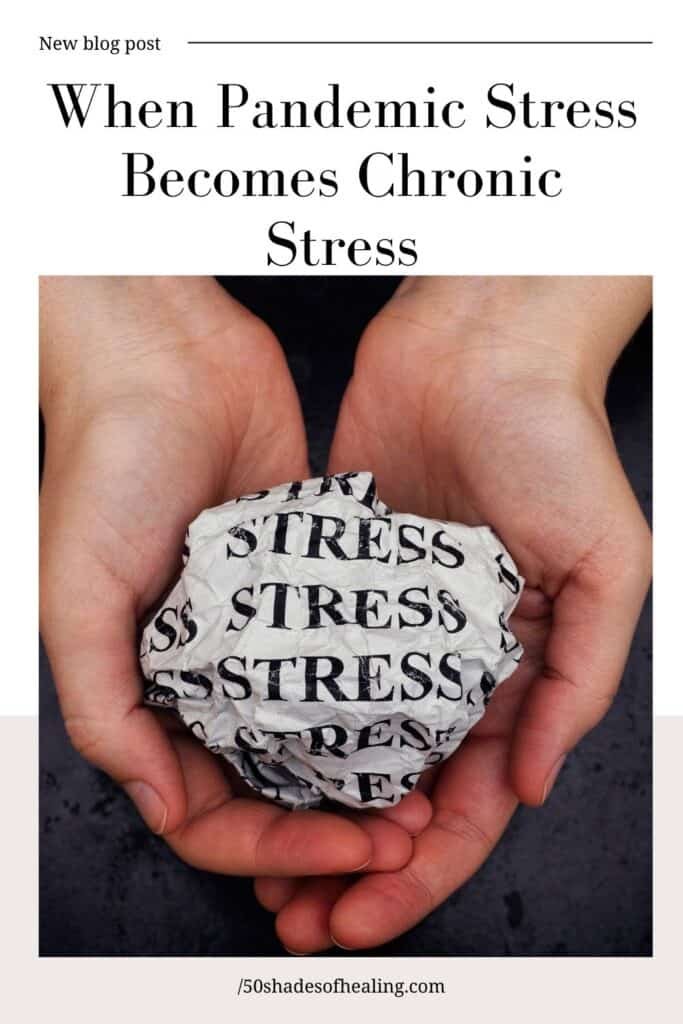
Here are a few tips.
With the Covid-19 pandemic lasting for more than 2 years, the world has undergone drastic changes and the stress of it all is taking a toll on everyone affected by this health crisis.
This pandemic has not only closed borders but has isolated us from each other.
The work dynamic has changed, as job opportunities decreased.
Schools are closed and kids suffer the consequences of being separated from their friends for an extended period.
Health care workers’ spirits are repeatedly tested, as COVID-19 non-believers question their integrity and knowledge of this pandemic.
Health protocols have undergone more changes than you can count, in the past two years.
Flights get canceled due to surges, as different variants, more potent than previous variants, appear and take over the countries, one at a time.
One significant thing that stands out is that there have been more deaths, either due to COVID or suicide, for the past two years than ever before.
And it all boils down to when pandemic stress becomes chronic stress.

A Brief Look at the Culprit of COVID-19: The Corona Virus
Coronavirus disease or COVID-19 is an infectious viral disease that is caused by the SARS CoV-2 virus.
It was first detected in China, in the last quarter of 2019.
This viral infection affects the respiratory system mostly, causing flu-like symptoms such as fever, cough, and colds.
Sore throat, rashes, diarrhea, body malaise, shortness of breathing, and more severe cases, the difficulty of breathing and chest pain.
Its salient features include loss of taste and smell.
The incubation period varies in each person, but averages at 7 to 14 days.
Immunocompromised people, the elderly, children, and people with chronic disease or comorbidities are susceptible to developing severe disease.
For the past two years, there has been a shortage of masks, oxygen tanks, and health care workers more specifically, doctors and nurses, as the surges have come and gone.
Health protocols have been changed several times as different variants sprouted in other countries.
These variants are the Beta, Alpha, Delta, South African variant, and the latest, which is the Omicron variant.
Subscribe to My Email! Self-care is so important, but it can be hard to know where to start. That’s why I created a self-care journal, to help you make small, everyday changes that will have a big impact on your life. And when you subscribe to my email list, you’ll get the journal for free! Plus, you’ll receive great emails packed with wonderful information and free printables. You won’t want to miss out on this valuable content. Click this button and sign up now!
Prevention of infection and slowing of its transmission include:
- Vaccination
- Maintaining a social distancing of at least a meter apart
- Proper wearing of medical-grade masks
- Washing of hands
- Use of hand sanitizers or alcohol
- Staying in well-ventilated or open spaces
- Practicing the proper coughing and sneezing etiquette
- Staying at home when feeling unwell, or when you don’t have any important business outside your home
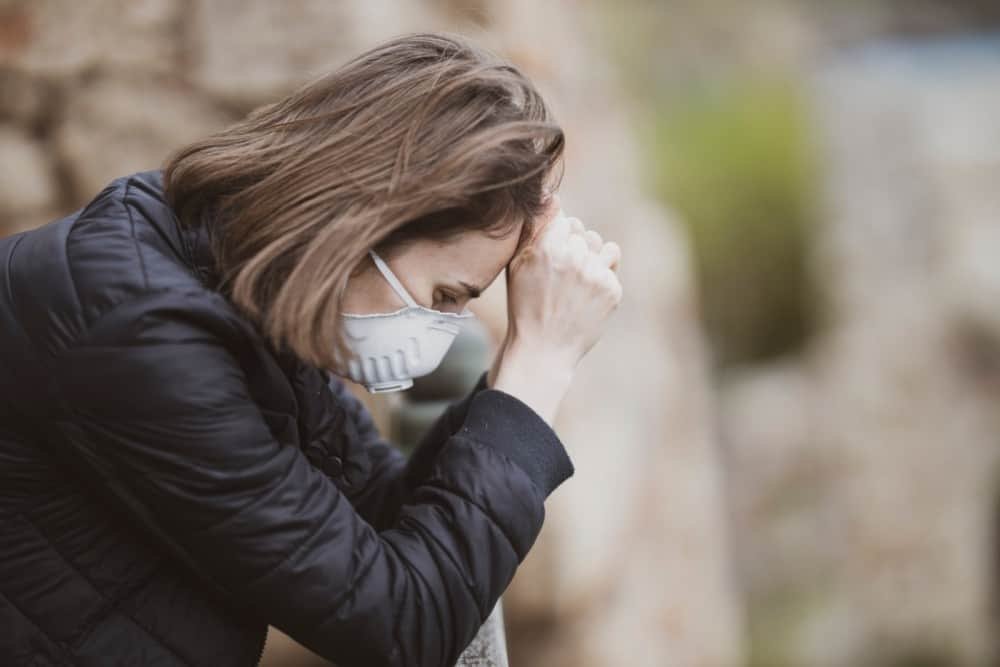
Manifestations of Chronic Stress
There are cognitive, emotional, physical, and behavioral signs of chronic stress.
These appear when a person’s psychological resources have been exhausted, such as in the case of pandemic stress.
People under chronic stress see this as helplessness in changing their situation coupled with the feeling of hopelessness.
The potential signs and symptoms of chronic stress include:
- Body aches and pains caused by tensed muscles
- Insomnia or sleeplessness due to constant worrying, doubts, and fears this pandemic brings
- Becoming socially and psychologically isolated
- Low energy, decreased productivity
- Unfocused
- Increased consumption of alcohol or drugs
- Change in emotional response to others
- Emotional withdrawal
Chronic stress can also be linked with other comorbidities such as hypertension, obesity, diabetes, heart disease, and stroke.
Addiction can also be attributed to chronic stress.
Mental disorders can also be magnified during these troubled times, such as depression, anxiety disorders, panic attacks, and addiction.

Tips on Coping with Pandemic Stress
Here are some tips on how to cope with pandemic stress:
Follow a daily routine
Having a structured plan each day will give you a sense of control amidst the uncertainty during this pandemic.
This will also help you make time for all the things that you need and want to do pre-pandemic.
Physical activity can significantly help your mental health.
Being physically active will trigger the release of the neurotransmitter endorphins, which are commonly known as happy hormones.
This will make you euphoric after an exercise. Physical activity will not only make you feel good but will also keep you healthy and look good.
The World Health Organization recommends at least 15 minutes of physical activity per day.
You can go brisk walking, biking, jogging, running, swimming, or even play a sport.
Being updated on the news about the pandemic can make you feel depressed, emotionally disturbed, and mentally exhausted.
Take a break from social media. Limit TV time. Watch uplifting and positive stories instead.
Spend time in nature
Take a stroll outside. Take in nature and allow yourself to relax outside your home.
Do breathing exercises
Practice relaxation techniques

Meditate
Breathing exercises, relaxation techniques, and meditation will help clear your mind and focus on the present.
This will also help you calm down and manage stress better. Designate a spot at home, one that is conducive to meditation.
It would be great if you could incorporate meditation into your daily schedule.
Reach out to others
Take time to talk to your friends. Communication is very easy these days with all the online platforms available at your fingertips.
This will make you feel connected to your loved ones.
It is important for your mental health, to have an outlet during this time where isolation is a common and mandatory practice.
Adopt a hobby
Take up new hobbies or pick up old ones. Take this time to explore yourself through new and different things.
If you lack resources at home, you can always go back to an old hobby.
Start a journal
Journaling is another form of release. In journaling, there is no risk of being judged. You can write your thoughts, feelings, and your frustrations.
This will help you break down your worries and fears, and at the same time, come up with resolutions for problems that are bothering you during the day.
